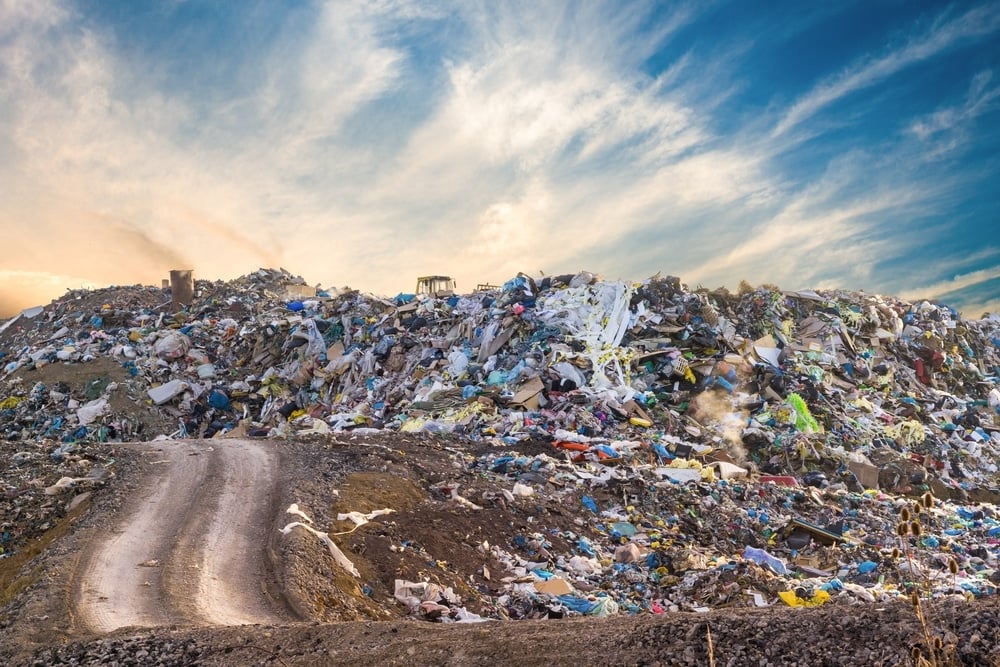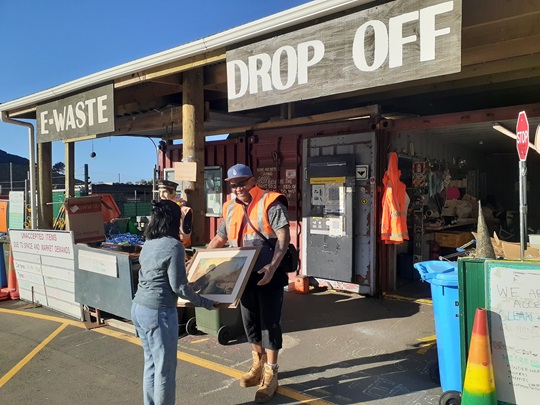Go to the Tip: Discovering Eco-friendly Waste Disposal Solutions
In our fast-paced, consumer-driven society, the impact of waste on the environment has become a pressing concern. "Go to the tip" is more than just a phrase; it signifies an important action in the context of responsible waste disposal. The "tip," often referring to a landfill or recycling center, is a necessary stop for those keen on making a positive impact. This article will explore efficient and eco-friendly waste disposal solutions, emphasizing the significance of reducing our carbon footprint.
Understanding Waste Disposal
Waste disposal is a critical aspect of modern living. With cities expanding and populations rising, the amount of waste generated yearly is staggering. In fact, millions of tons of waste are thrown away each year, contributing to environmental degradation, pollution, and the depletion of natural resources.
By learning how to "go to the tip" in an eco-friendly way, individuals can mitigate their waste’s impact on the planet. But what does it mean to engage in responsible disposal practices at the tip?

The Importance of Recycling
Recycling is one of the most effective methods of waste management. When you “go to the tip,” consider separating your recyclables. Aluminum cans, glass bottles, paper, and certain plastics can be reprocessed and transformed into new products. This not only conserves resources but also minimizes energy consumption and reduces landfill waste.
Additionally, many tips now have designated recycling areas. By utilizing these spaces, you are contributing to a circular economy, where materials are reused rather than disposed of permanently.
Composting: Turning Waste into Treasure
Another effective method to consider is composting. Organic waste like fruit and vegetable scraps, coffee grounds, and yard waste can be composted instead of thrown away. This process transforms waste into nutrient-rich compost that can benefit your garden.
By composting, you also reduce the amount of organic material that ends up in landfills, where it produces methane—a potent greenhouse gas. Remember, next time you consider tossing out food scraps, think about the benefits of composting and how it can help the environment.
Reducing Waste Before It Happens
An essential part of environmental stewardship involves preventative measures. Before you even think about going to the tip, consider how to reduce waste at its source. Here are a few strategies to implement:
- Mindful purchasing: Opt for products with minimal packaging and consider investing in quality items that last longer.
- Repurposing: Get creative with items you no longer use. Turn old jars into storage solutions or transform worn-out furniture into unique DIY projects.
- Buying second-hand: Utilize thrift shops and online marketplaces to find used goods. This not only saves money but also reduces the demand for new products.
Engaging the Community
Educating and involving the community can amplify the impact of responsible waste disposal practices. Organizing community clean-up events or workshops on recycling can encourage collective efforts toward a cleaner environment. When more individuals understand the importance of "going to the tip" properly, the overall effect on waste management becomes significantly positive.
Choosing the Right Tip
Lastly, it is essential to choose the right tip or waste disposal facility. Look for local centers that prioritize recycling and environmentally friendly practices. Many facilities offer educational resources about waste management and encourage community involvement.
Conclusion
In summary, "go to the tip" represents a crucial step towards responsible waste management and environmental preservation. By prioritizing recycling, composting, and reducing waste at the source, each individual can play a significant role in minimizing their ecological footprint. So next time you’re ready to clear out the clutter, remember these strategies and make responsible choices for a sustainable future. Let’s turn waste into opportunity—because every little action counts.














